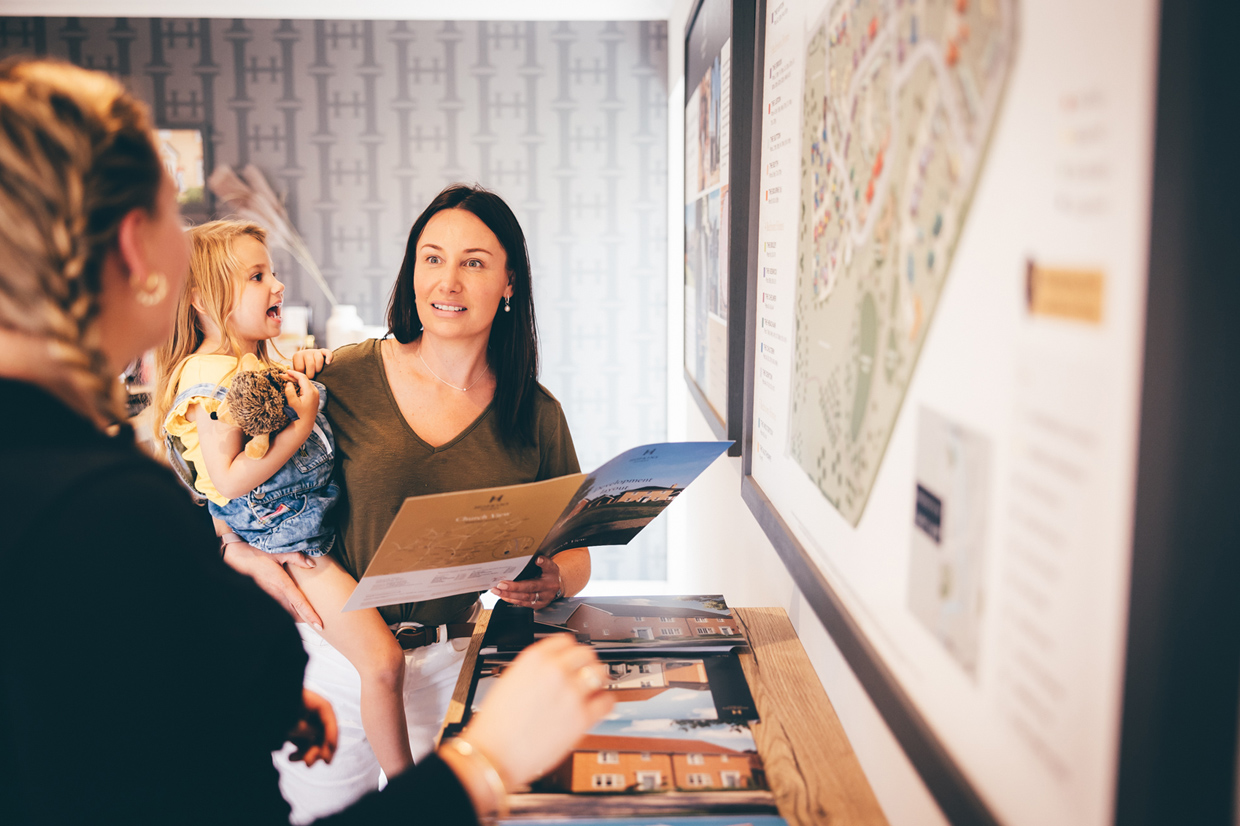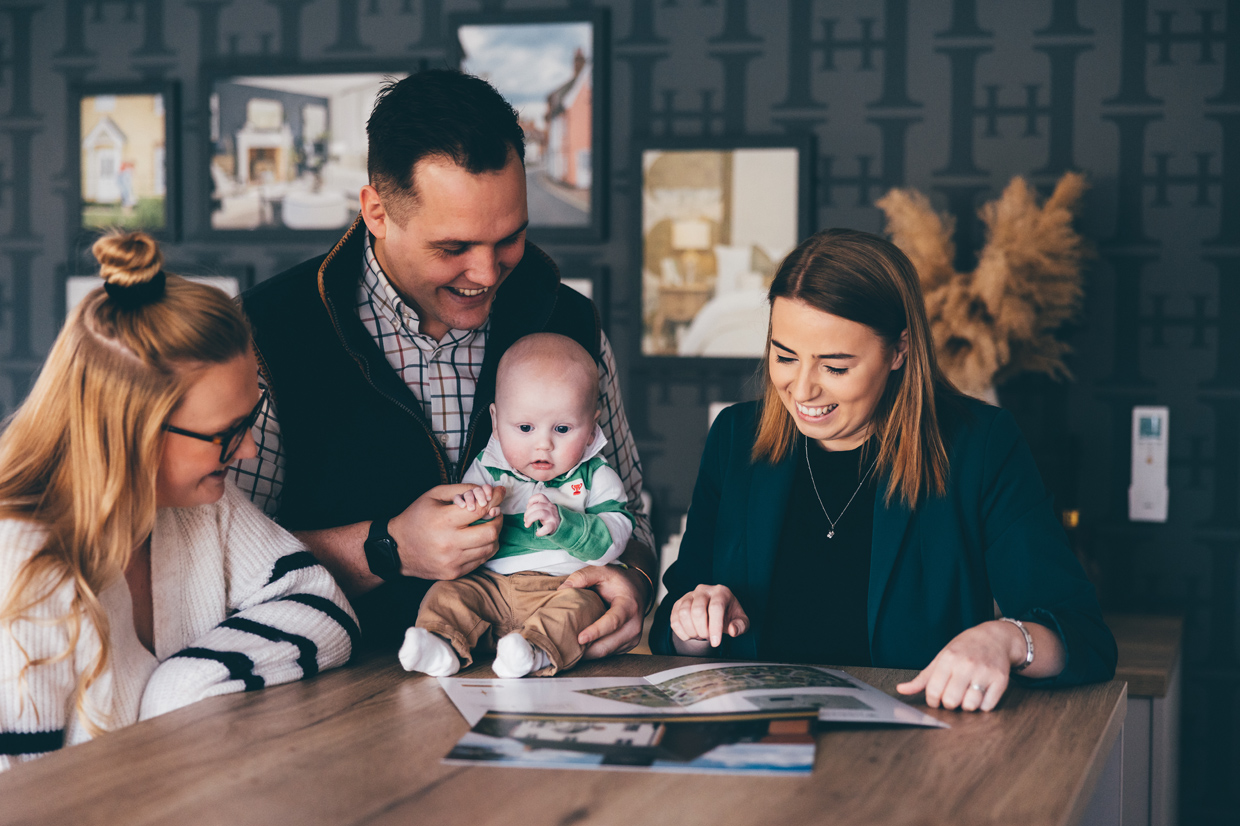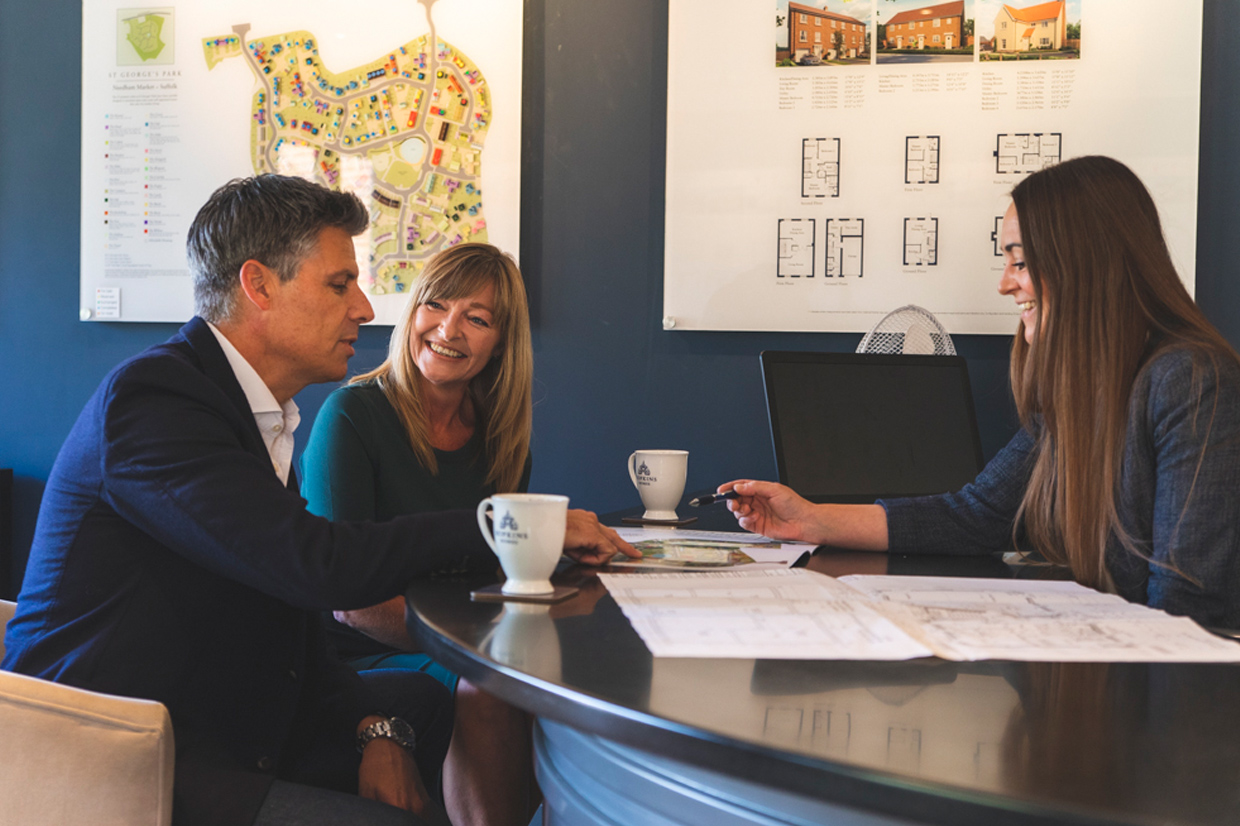Rent vs Buy: Should You Rent or Buy a Home?
Are you wondering whether it’s better to rent or buy a house? While there’s a tendency to assume that property purchase is the way forward, there are also some advantages to renting a home. Let’s take a closer look at the pros and cons of renting vs buying.
Weighing the Pros and Cons
All good decisions start with a tick list, and we recommend that you begin jotting down your thoughts now. What are the advantages of buying over renting, and vice versa?

Advantages of Renting
To be honest, many people in the UK rent because they have to, not because they choose to. However, this doesn’t mean that there aren’t any renting benefits.
- Flexibility. If you move around a lot with your job, want to get to know a new area before you commit to it or have plans to travel soon, the flexibility of renting would suit you.
- Lower upfront costs. While you’ll still have costs like the (refundable) deposit, you won’t have the legal fees that come with buying a house.
- Lower maintenance costs. Renters rarely have to pick up the large bills such as paying for a new boiler. You’ll need to pay for contents insurance, but not buildings’.
- Location, location, location. You might pick up a rental property in an area you couldn’t afford to buy in.
Disadvantages of Renting
There are several disadvantages when it comes to renting.
- Security. Tenancies are affected by the landlords’ decisions. While the forthcoming Renters’ Reform Bill aims to end “no-fault evictions”, landlords can still time-limit contracts or find other legal ways to end tenancies.
- Cost. We’ll look at this in a moment; however, to sum up, rent is generally higher than a mortgage repayment and it’s hard to save for a house deposit.
- No equity build-up. Rent is sometimes described as “dead money”. After a few years and tens of thousands of pounds, you’re no closer to owning a home, and you won’t reach that point where you have no monthly payments.
- Personalising your home. While it’s great that you don’t have to pay to replace your boiler, you could be stuck with the old avocado bathroom suite. Some landlords allow improvements and redecoration with permission, others don’t.
- It doesn’t feel like yours. It’s your home, but not your house. Factors such as renting rules (which can even include no pets) and regular inspections are reminders that you’re living in someone else’s property.

Advantages of Buying
While buying takes a lot of hard work, it can be worth it.
- You’re building equity. While those monthly payments may seem a lot, remember that each payment goes towards owning your home outright.
- It’s an investment. You might not be thinking about this yet, but building equity is great for upsizing and for your future retirement. You might even decide to rent out a property at some point.
- Security. While homes are sometimes repossessed if the owners fall behind on mortgage repayments, renters can lose their homes because of situations beyond their control.
- You can make your house your own. Get ready to be creative and transform your property into your dream home.
Disadvantages of Buying
- But owning a property can also have its drawbacks…
- When it comes to the upfront costs of renting vs buying, renting is cheaper. Purchasing a property involves expenses such as legal, surveyor and mortgage fees. This comes after you’ve already saved for a deposit…
- You’re responsible for everything. Hopefully a survey will show up any issues with an older home, but bear in mind that if anything needs repairing or replacing, it’s all on you. Make sure your property, systems and contents are all insured.
- Economic factors can impact on mortgage payments as the mini budget of 2022 showed. However, this doesn’t just affect homeowners, as rental properties are also affected by the broader economy and housing market.

The Cost Factor: Rent vs Buy
We’ve mentioned the costs of renting vs owning a home a few times already. Let’s take a closer look at the financial implications.
Comparing Monthly Costs
The average monthly rent in the first half of 2024 was £1,314 (outside London). The typical monthly mortgage repayment has increased sharply since 2022, and is now £1,262 per month (again, please bear in mind that different regions vary greatly). So, there’s really not much in it at the moment.
Long-term Financial Implications
However, while there’s not much difference in monthly outgoings if you rent or buy a home, the homeowner benefits from building up equity, ensuring that their property is an investment as well as a home.
The Impact of Housing Market Trends
Like any investment, the value of a property can go down as well as up, and that’s something to take into account when deciding whether to rent or buy.

Making the Right Decision
In the end, it’s your decision whether you rent or buy a house. Be prepared for a lot of research, calculations and mulling over ideas!
Consider Your Lifestyle
If you’re having the “rent vs buy” debate, it probably means you’re renting at the moment. You might decide to stay put for now while you save for a deposit (although this isn’t easy when you’re paying £1,300 a month in rent).
A more flexible lifestyle might also suit you at the moment. If you’re open to working around the country (or world, indeed) renting is a more flexible option than buying. However, if you want to settle down in one place, buying will give you greater security and the chance to build up an investment for the future.
Evaluate Your Financial Goals
If your financial goals involve planning for a settled future, buying a house has more advantages than renting.
Assess your budget
Moving house costs money, whether you’re renting or buying (although there are more expenses involved with the latter). Is this something you can afford to do at the moment?
If you’re upscaling, it’s worth noting that in the current competitive rental market, affordability checks apply and you might have an advantage if you can pay more upfront.
When it comes to budgeting for your monthly rent or mortgage repayments, you won’t see much of a difference moving from rental to ownership.
Saving for a deposit
Saving for your first home deposit isn’t easy. You might need to borrow from family, buy with a partner or friend, or temporarily downsize to a cheaper rental property to make saving easier. At Hopkins Homes, we offer a “Deposit Unlock” scheme on certain new build properties, with a 5% deposit that makes buying a property a much more achievable goal.
Seek Professional Advice
We’re not professional financial advisors, and we always recommend that people speak to a professional to find out more about buying a property. They’ll be able to give you advice on types of mortgages and schemes available for you, while making sure that everyday life remains affordable.